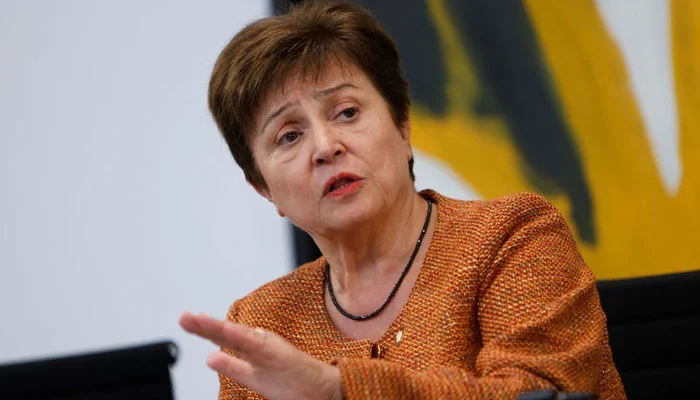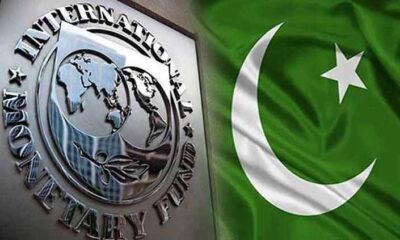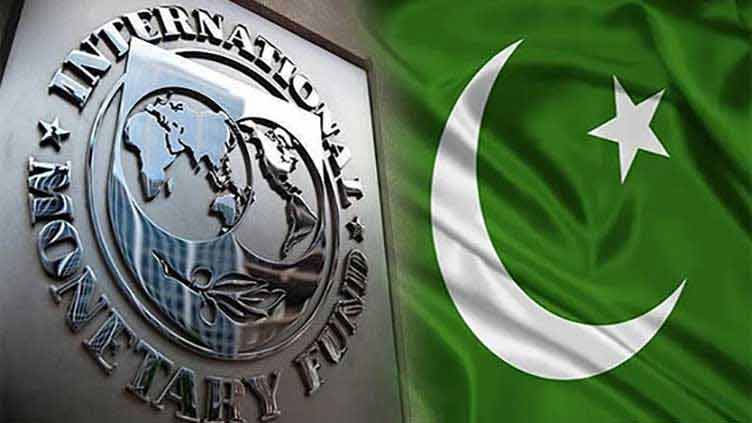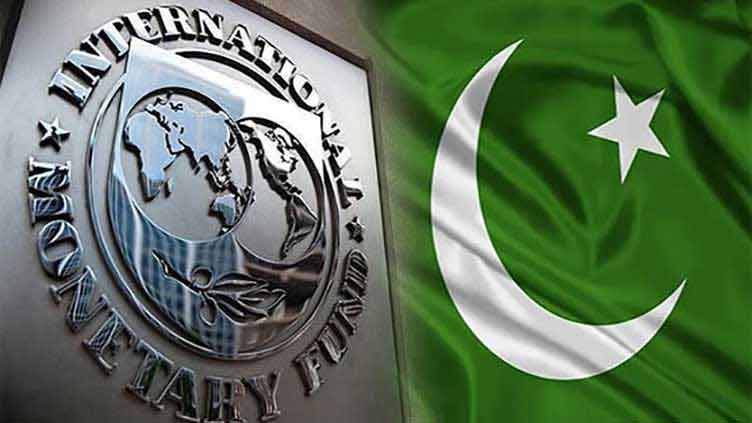Business
Economy faces tougher year in 2023, warns IMF
-

 Latest News2 days ago
Latest News2 days agoThree injured and two died in a Punjabi road accident
-

 Latest News3 days ago
Latest News3 days agoIn KP rain-related incidents, ten people died.
-

 Latest News3 days ago
Latest News3 days agoPM Shehbaz will meet with Saudi ministers and speak at the WEF special session today.
-

 Latest News3 days ago
Latest News3 days agoPunjab takes action against factories that generate smoke.
-

 Latest News3 days ago
Latest News3 days agoThe nomination of Ishaq Dar as deputy prime minister raises concerns.
-

 Latest News3 days ago
Latest News3 days agoThe green colour of WhatsApp ‘angers’ some users.
-

 Business3 days ago
Business3 days agoOver 500 points are lost by PSX stocks during intraday trading.
-

 Latest News3 days ago
Latest News3 days agoFarmers in Punjab file a lawsuit before the LHC, challenging the government’s unwillingness to purchase wheat.
























